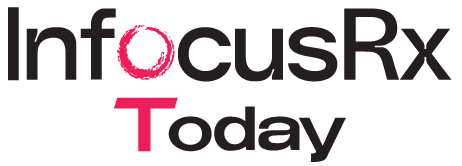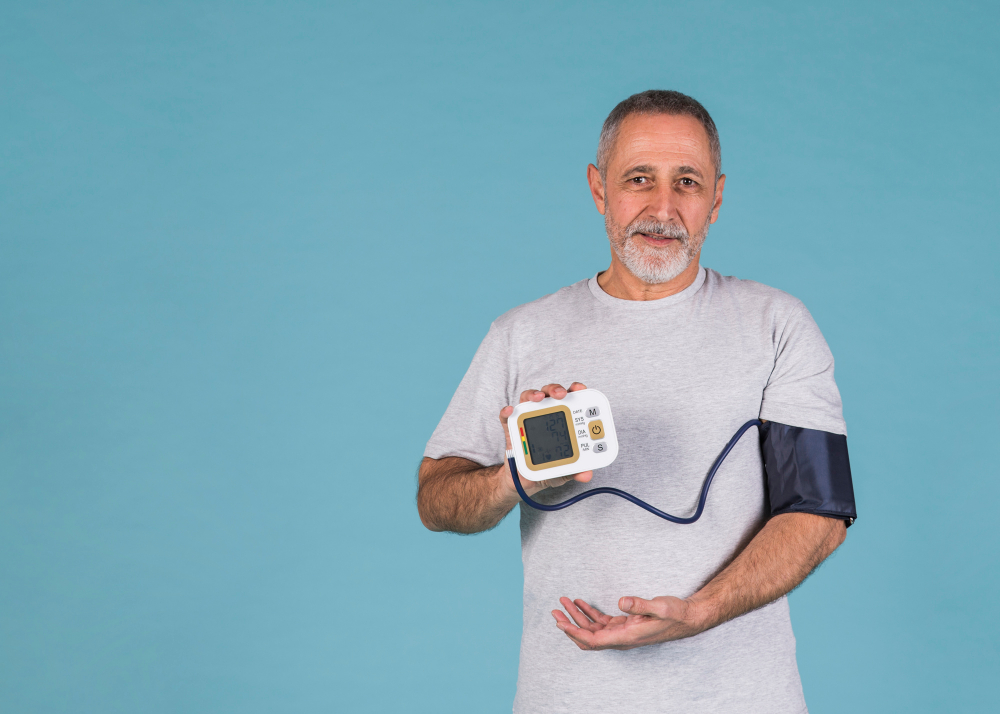You have high blood pressure and your doctor has recently changed your medication due to your blood pressure being out of control. Your doctor would like to monitor your blood pressure multiple times a day. It is not feasible to visit your doctor’s office every 30 minutes to have your blood pressure monitored. Fortunately, a solution is available to address this issue. An outpatient blood pressure monitor is a device that can be used to continuously monitor your blood pressure without interrupting your day-to-day activities. The goal of this device is to detect variations in blood pressure so that treatment can be tailored accordingly.
High blood pressure
Blood pressure is the pressure your blood exerts against the walls of your arteries every time your heart beats. Blood pressure is highest when your heart is beating to pump blood into your arteries and this is known as systolic blood pressure. Blood pressure decreases when your heart is resting after a beat and this is known as diastolic blood pressure. A normal blood pressure is 120/80, where 120 refers to systolic pressure and 80 refers to diastolic pressure. High blood pressure refers to a reading of 140/90 or higher.
The development of high blood pressure can be attributed to a variety of factors, including thyroid disease, kidney disease, cardiac abnormalities, and narrowing of the arteries. A sleep disorder known as sleep apnea, in which the breathing ceases during sleep, may increase one’s risk of developing hypertension. Adults who are overweight, and those with a family history of hypertension may be at an increased risk of developing elevated blood pressure. Additionally, individuals who are stressed, are old, lead an unhealthy lifestyle, take certain medications, are alcoholics or smokers are more likely to develop hypertension.
High blood pressure, if left untreated, can cause severe damage to various organs and tissues in the body. In the brain, hypertension can cause the blood vessels to rupture, resulting in internal bleeding. Additionally, high blood pressure can lead to the formation of blood clots in the brain, resulting in a fatal brain stroke.
Blood vessels in the eye may rupture due to high blood pressure leading to blurred vision or blindness. Blood vessels in the kidneys may become narrower and stiffer, leading to a decrease in kidney function. When kidneys stop filtering blood, toxic waste starts to build up in the blood.
High blood pressure restricts the blood vessels that supply the heart, making it difficult for oxygen-rich blood to flow to the heart’s muscles, resulting in angina (chest pain). When blood vessels become clogged due to blood clotting or cholesterol buildup, this can lead to a heart attack. In order to prevent these serious complications, it is essential to manage high blood pressure.
Measuring your blood pressure
It is important to monitor your blood pressure on a regular basis in order to control it effectively. The doctor checks your blood pressure using a pressure monitor. In case of high blood pressure, you should check your blood pressure at regular intervals. You can do this from the comfort of your own home using an ambulatory blood pressure monitor. This is a small device with a belt that you can wear inside your clothes.
Ambulatory blood pressure monitoring is recommended for patients having high blood pressure during pregnancy, uncontrolled high blood pressure, fainting episodes and any medication change. Health care physicians can help choose and set up your ambulatory blood pressure monitor. The monitor automatically checks your blood pressure every 30 minutes, even during sleep. Your doctor can then check your blood pressure readings and give appropriate treatment. Ambulatory blood pressure monitor also detects white coat hypertension, which is a rise in blood pressure in the doctor’s clinic due to anxiety.
Self-care with ambulatory blood pressure monitor
If you have high blood pressure, the best way to manage it is to follow the treatment plan prescribed by your doctor and keep an eye on your blood pressure using the ambulatory blood pressure monitor. It’s the easiest and most convenient way to track your blood pressure from the comfort of your own home. The monitoring device enables you to effectively monitor and manage your blood pressure.




